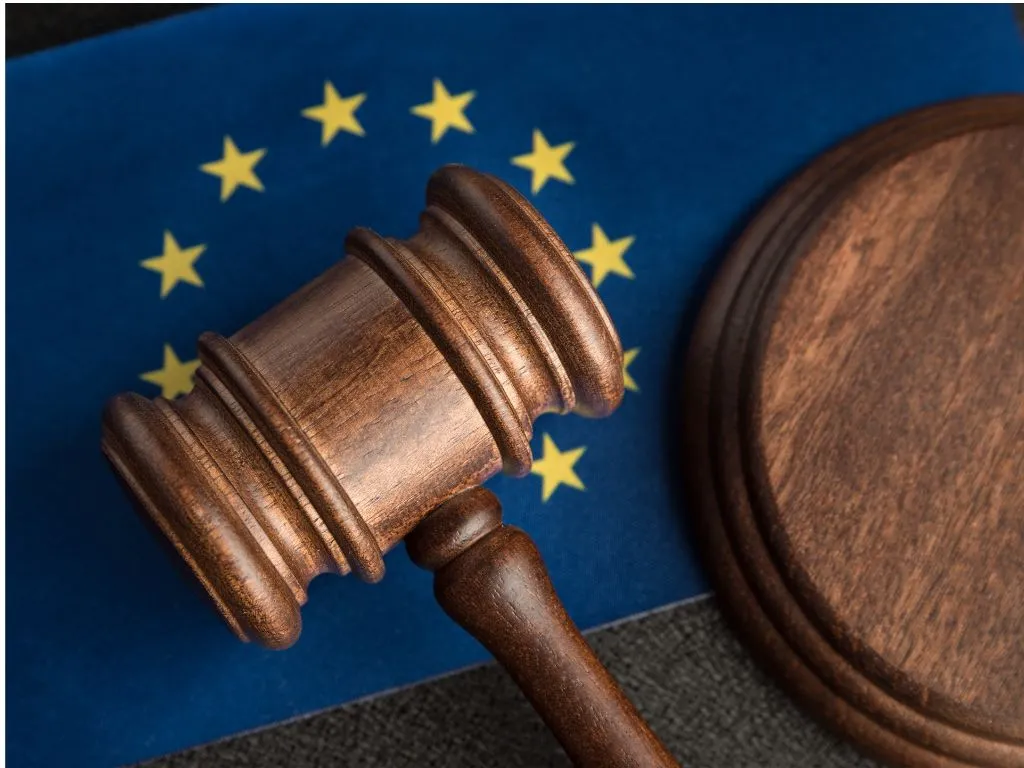- Home
- News Details
News Details

European Council Approves “Stop-the-Clock” Mechanism on CLP Regulation (Updated)
2025-10-23 Reference source : European Council
Classification Labelling and Packaging compliance deadlines CLP Regulation Update EU Chemicals Regulation Stop the Clock Mechanism Omnibus VI Package 2028 CLP Application Date
Update 23 October 2025:
The European Parliament has today approved the postponement of the revised CLP Regulation’s application date to 1 January 2028, confirming the text previously endorsed by the Council on 24 September 2025. The file was handled under the urgent procedure to speed up adoption, and the vote passed with 441 in favour, 108 against and 11 abstentions.
To enter into force, the draft law now requires formal approval by the Council, after which it will be published in the Official Journal of the European Union. The postponement covers obligations related to re-labelling, label formatting, advertising, distance sales, and fuel-pump labelling, easing the transition for companies.
Original News:
On 24 September 2025, the European Council approved the introduction of a “stop-the-clock” mechanism for the revised Classification, Labelling and Packaging (CLP) Regulation. The measure, part of the Commission’s Omnibus VI simplification package, delays the entry into application of the new rules to 1 January 2028.
Purpose: Legal Certainty and Simplification
The mechanism is designed to provide legal certainty for businesses and to avoid a fragmented regulatory framework. Without the postponement, different provisions of the revised CLP would have applied on different dates, creating additional compliance challenges for companies.
The alignment of deadlines covers obligations on:
- Relabelling of substances and mixtures
- Formatting requirements for labels
- Advertisements and distance sales
- Labelling at fuel pumps
By postponing these obligations, the European Council aims to give companies, particularly SMEs, more time to adapt to the new requirements while ensuring continued protection of health and the environment.
Background: Original Deadlines
The revised CLP Regulation entered into force on 10 December 2024, with the majority of obligations initially scheduled to apply from 1 July 2026, and some provisions from 2027 (see more details here). The “stop-the-clock” mechanism shifts all these dates to 1 January 2028, creating a single, harmonised starting point for compliance.
Next Steps in the Legislative Process
Following the European Council’s approval, negotiations will continue with the European Parliament to finalise the regulation. The measure forms part of the broader Omnibus VI package, which seeks to simplify EU chemicals legislation while maintaining high levels of health and environmental protection.
We acknowledge that the above information has been compiled from European Council.
Global Product Compliance (GPC) specializes in Global Regulatory Compliance Solutions across sectors
globally. SSS Europe, a familiar name in chemical regulatory and compliance services now formally belongs
under the umbrella of GPC Holding Sweden.
Since 2008, we have emerged as one of the leading names among Global Regulatory Compliance Service
Providers with Representation services in Europe, Asia and Middle East for respective chemical
regulations.

 Twitter
Twitter
